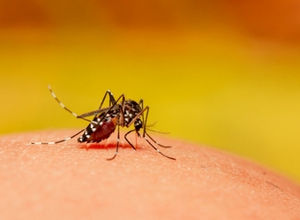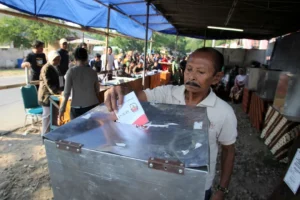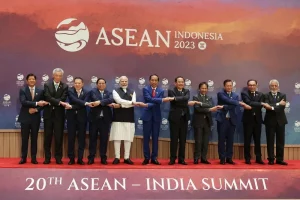Researchers in Indonesia have found a way to fight dengue by breeding the mosquitoes that a have a natural resistance to the disease and releasing them to mate them with those that do not have resistance to dengue. This will make the dengue carrying species immune to the disease as they will get the good bacteria in their DNA.
Wolbachia is a common bacteria that prevents dengue and occurs naturally in 60% of insect species, including some mosquitoes, fruit flies, moths, dragonflies and butterflies. It is, however, not found in dengue-carrying Aedes aegypti mosquitoes, according to non-profit World Mosquito Program (WMP), which started the research.
"In principle we are breeding the 'good' mosquitoes," "The mosquitoes carrying dengue will mate with mosquitoes carrying Wolbachia, which will produce Wolbachia mosquitoes – the 'good' mosquitoes. So even if they bite people, it won't affect them," a Reuters report cited a WMP worker as saying.
Since 2017, a joint study conducted by WMP at Australia's Monash University and Indonesia's Gadjah Mada University has been releasing lab-bred Wolbachia mosquitoes across a few dengue fever 'red zones' in the Indonesian city of Yogyakarta.
The trial results, published by the New England Journal of Medicine in June, showed that deploying mosquitoes with Wolbachia reduced dengue cases by as much as 77% and hospitalisations by up to 86%.
According to the World Health Organization (WHO), global dengue infections have risen rapidly in recent decades, with about half of the world's population now at risk. An estimated 100-400 million infections are reported every year.




















